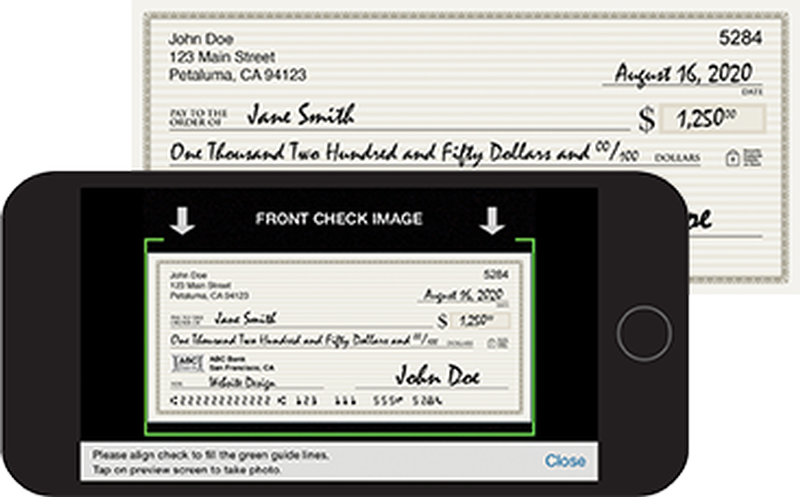Financial Literacy is Key to Effective Money Management for Youth
Former Federal Reserve Chairman Alan Greenspan once stated, “Financial education is a process that should begin at an early age and continue throughout life. This cumulative process builds the skills necessary for making critical financial decisions.”
It’s important for parents, grandparents and even friends to help our community’s youth build a strong financial foundation for them to better understand basic concepts like saving, budgeting, simple interest, and establishing and maintaining good credit.
According to the Council for Economic Education’s 2020 Survey of the States, only 21 states in the U.S. require high school students to take a course in personal finance. While this denotes a marked improvement since CEE’s first survey in 1998, there remains a sizeable financial education knowledge gap.
Financial capability education improves the financial health outlook for our youth and better prepares them to tackle unexpected financial situations or prepare for significant life milestones like paying for college, purchasing a home, opening a business or building a nest egg. Many financial literacy websites can also help youth learn important financial literacy skills.
(For links to financial literacy resources for kids, visit: https://newmarket.bank/sss.)
Here are a few tips for kids and their parents to shore up money management skills and prepare for the future:
SAVE
- Start a savings account for your child (if you haven’t already).
- When children receive an allowance or a monetary gift from the grandparents, teach them to “Save, Spend, Share,” allocating a portion of the money for savings, for spending and for donating.
- Take advantage of banks’ automatic transfer capabilities to move money from one account to another – from a parent’s account to a child’s account or from a teen’s checking account to a savings account.
- Set Specific Measurable Attainable Realistic Trackable (SMART) goals with your child – whether it’s saving for a computer or building an emergency fund—and make sure those goals are achievable. Create a plan of action and measure progress over time.
SPEND
- Share the family budget (or a portion of it) with your children to model behaviors you want to instill in your children. Create a budget with your child and review it periodically to make necessary adjustments.
- Encourage kids to pay in cash rather than with credit, Venmo or PayPal for a more tangible perspective on how much something costs and for greater impulse control. This can prevent overspending.
- Teach kids about credit, interest on credit cards and credit scores. Learning early how to maintain a favorable credit score can help ensure smart purchasing decisions before one’s credit is damaged.
- Working-age teens can consider part-time or seasonal employment, which will teach them personal responsibility and give them an opportunity to manage their money.
SHARE
- As a family, choose a nonprofit organization to support with a donation or gifts at the holidays.
- Encourage children to host birthday fundraisers for an organization that interests them.
- Watch for fundraisers by nonprofits that your kids would love. Ask them if they’d like to donate the money they’ve been saving for sharing with others. Bring your child to an event the organization is hosting or to its location to make the donation.
Having the knowledge about how to best manage money is just the start. When young people practice proper money management techniques early, they’re more inclined to make effective financial decisions throughout life. The sooner your children start to grasp these concepts, the more apt they’ll be for a better financial future.
Karen Ramola is Vice President of Retail Banking at New Market Bank. While supplies last, New Market Bank is offering kids 13 and under a free “Save, Spend, Share” block bank when they open a new savings account. For more children’s financial literacy resources, visit https://NewMarket.Bank/SSS.







